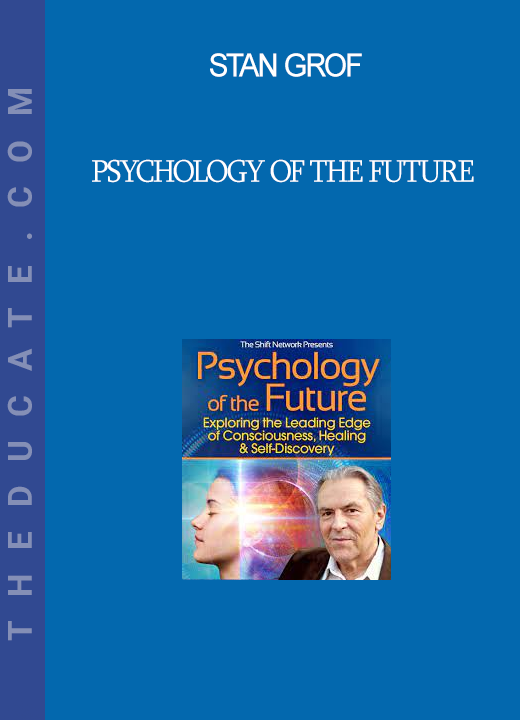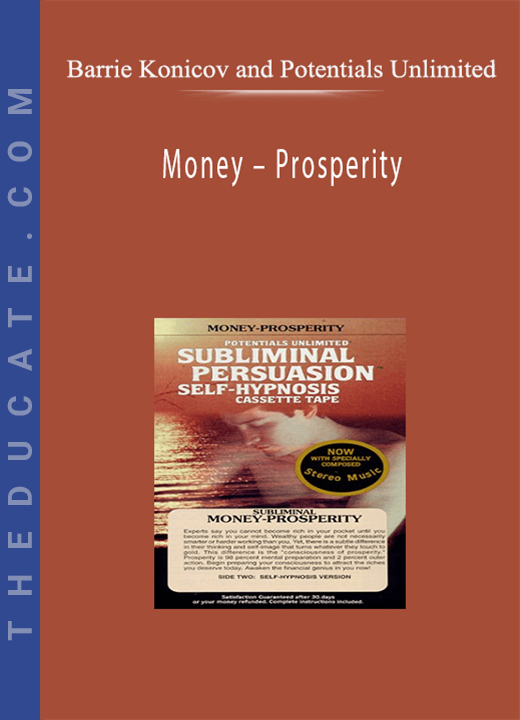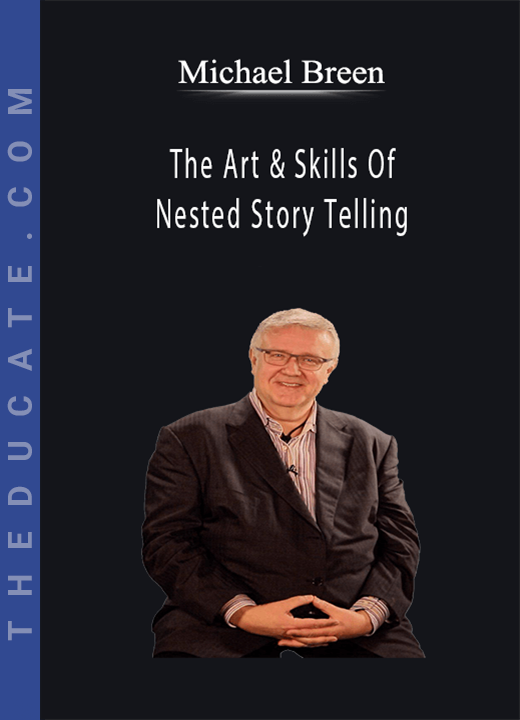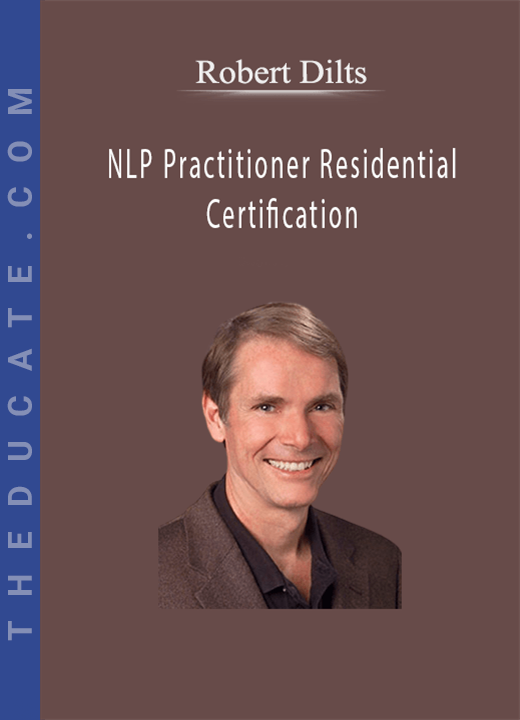Description

Stanislav Grof – Psychology of the Future
What You’ll Discover in These 7 Modules
In this 7-module transformational intensive, Stan will reveal the implications of modern consciousness research for the understanding of consciousness, of the human psyche, and the nature of reality. You’ll discover a vastly extended new cartography of the psyche. Special attention will be paid to experiences and observations that represent a serious challenge to the reductionist, materialistic paradigm of Western science and foreshadow an urgent need for a radical new worldview.
Each module will build harmoniously upon the next so that you’ll develop a complete holistic understanding of the practices, tools and principles you’ll need to relate to a multitude of psychological experiences through an evolutionary lens.
Module 1: Proposal for a Radical Revision of Psychiatry & Psychology
Observations From a Half Century of Consciousness Research

This module draws on observations from Stan’s 50+ years of research into the subgroup of non-ordinary states of consciousness he calls “holotropic.” This research suggests a radical revision of some basic assumptions of modern psychiatry, psychology and psychotherapy. These observations come from a wide range of disciplines — psychedelic research, powerful forms of experiential psychotherapy, work with “spiritual emergencies,” spontaneous episodes of non-ordinary states of consciousness, thanatology, parapsychology, field anthropology and quantum-relativistic physics. His proposed changes focus on the nature of consciousness and its relationship to matter, dimensions of the human psyche and the roots of emotional and psychosomatic disorders.
These changes resemble in nature and scope the conceptual cataclysm that appeared in physics in the first three decades of the 20th century with regard to the understanding of the material world. Ironically, these changes are complementary to the new physics.
While the new findings do not support the dogmas of organized religion, they reveal that spirituality is an essential attribute of the human psyche and that a personal spiritual quest is an important and legitimate activity.
In this module, you’ll:
- Explore the dynamics of revolutionary shifts in the scientific worldview throughout history and Thomas Kuhn’s concept of the “paradigm”
- Examine observations from the research of non-ordinary states of consciousness (holotropic states), which indicate an urgent need for a radical change of the basic assumptions of psychology and psychiatry about consciousness and the human psyche
Module 2: A New Cartography of the Psyche
A Visionary Journey

In this module, you’ll explore the vastly expanded cartography of the human psyche that’s emerged from the research of holotropic states of consciousness. Using paintings created from psychedelic and Holotropic Breathwork sessions, you’ll traverse the domains of the psyche as yet unrecognized by mainstream psychiatry and psychology — the perinatal and transpersonal realms.
Understanding the process of psychospiritual death and rebirth that engages these levels of the psyche is essential for any serious approach to the ritual and spiritual history of humanity — shamanism, rites of passage, healing ceremonies of native cultures, ancient mysteries of death and rebirth, the great religions of the world, and the mystical traditions of all times and countries. The knowledge of this experiential territory provides important guidelines for people involved in serious self-exploration and spiritual quest. The insights from this work also throw new light on artistic creations from ancient times to the modern era and on sociopolitical events, such as wars, revolutions and genocide.
In this module, you’ll:
- Explore the domains of the psyche as yet unrecognized by mainstream psychiatry and psychology
- Discover experiential patterns — Basic Perinatal Matrices (BPMs) — associated with reliving of the four stages of biological birth and discuss the specific links they have with the transpersonal domain
- Discuss the pivotal role that BPMs have in the process of psychospiritual death and rebirth
Module 3: The Roots of Violence & Greed
Transpersonal Perspective on the Current Global Crisis

Since time immemorial, violence and greed have been among the most important forces driving human history. Due to technological progress and exponential population growth in the 20th century, they’ve become a threat for survival of life on our planet. It’s become imperative to gain a deeper understanding of the roots of these forces in the human psyche and to find ways of reducing their impact in the world.
In a series of slides, you’ll connect the dots between the astonishing similarities in the symbolism of posters and cartoons from the time of wars, revolutions and other types of sociopolitical crises, and the visions accompanying the reliving of birth and the experience of psychospiritual death and rebirth. These observations strongly suggest that the perinatal and transpersonal levels of the unconscious are the sources of malignant violence and insatiable greed in the human psyche.
In this module, you’ll:
- Explore observations from the research of holotropic states of consciousness that offer new insights into manifestations of insatiable greed and extreme forms of human violence and social pathology, such as wars, bloody revolutions, terrorism, suicide bombing, concentration camps and genocide
- Explore the potential of holotropic states of consciousness to alleviate the influence of dangerous forces in the human psyche, which are largely responsible for the current global crisis and which threaten planetary survival
Module 4: Architecture of Emotional & Psychosomatic Disorders
Their Biographical, Perinatal & Transpersonal Sources

Work with holotropic states of consciousness has vastly expanded the current model of the psyche — which has been limited to postnatal biography and the Freudian individual unconscious — by adding to it the perinatal and transpersonal domain. This development brought a radically new understanding of emotional and psychosomatic disorders, such as various phobias, obsessive-compulsive behavior, hysteria, manic-depressive states, suicidal tendencies and behavior, sexual aberrations, and proneness to violence.
This research revealed multilayered constellations (COEX systems) underlying these disorders. These systems consist of biographical, perinatal and transpersonal material that shares the same emotions and/or physical sensations. Thinking in terms of these dynamic systems provides a much deeper understanding of psychopathology and offers radically new therapeutic opportunities.
In this module, you’ll:
- Explore evidence indicating that emotional and psychosomatic disorders, which are not of organic but psychogenic origin, do not start in infancy and childhood as usually assumed, but have deeper roots on the perinatal and transpersonal levels of the unconscious
- Discover that effective psychotherapy likely includes experiential approaches that are able to reach deeper levels
- Find that these revolutionary discoveries shed radically new light on such phenomena as depression, mania, various forms of suicide, sexual perversions, phobias, obsessive-compulsive disorder and psychosomatic diseases
Module 5: Spiritual Emergency
Understanding & Treatment of Transpersonal Crises

One of the most important implications of work with holotropic states of consciousness is the discovery that many spontaneous episodes of transpersonal crises, which are currently diagnosed as manifestations of serious mental diseases, are actually crises of spiritual opening. Correctly understood and supported, these spiritual emergencies contain therapeutic, transformative, heuristic and even evolutionary potential.
In this module, you’ll:
- Discover the triggers of spiritual emergencies, ways of differentiating them from pathological states, and effective therapeutic strategies for supporting individuals experiencing them
- Explore the most important forms of spiritual crises, such as shamanic initiatory crises, awakening of Kundalini, John Perry’s renewal process, Maslow’s “peak experiences,” possession states, and difficulties with karmic experiences
Module 6: Psychospiritual Perspective on Death & Dying
Observations From Holotropic States of Consciousness

In this slide-illustrated module, you’ll explore observations from various avenues of consciousness research that have important implications for the understanding of death and dying, such as psychedelic therapy, Holotropic Breathwork and other forms of deep experiential psychotherapy, thanatology, parapsychology, anthropological field work, and therapy with individuals in psychospiritual crises (“spiritual emergencies”).
You’ll focus on such topics as near-death experiences (NDE), karma and reincarnation, out-of-body experiences (OOBE), the process of psychospiritual death and rebirth, psychedelic therapy with terminal cancer patients, ancient mysteries of death and rebirth, aboriginal rites of passage, eschatological mythologies, the ancient books of the dead, and interdimensional transcommunication (ITC).
In this module, you’ll:
- Explore consciousness research that sheds light on end-of-life issues
- Review the history of psychedelic therapy with terminal cancer patients and the effects this approach has on the fear of death and physical pain
Module 7: The Cosmic Game
Explorations of the Frontiers of Human Consciousness

In holotropic states of consciousness, such as those that occur during systematic meditational practice, shamanic rituals, rites of passage, psychedelic sessions, deep experiential therapy, and spontaneous psychospiritual crises (“spiritual emergencies”), people often encounter experiences that produce profound philosophical and spiritual insights into the human psyche, consciousness and the nature of reality.
These insights revolve around such fundamental problems of existence as the mystery of the creation of the universe, the cosmic creative principle, dynamics of the process of creation, the nature and function of the archetypal realm, the dilemma of good and evil, the “taboo against knowing who we are,” karma and reincarnation, the role of consciousness in the universe, the relationship between consciousness and matter, and the purpose and meaning of human life.
In this module, you’ll:
- Focus on experiences in holotropic states of consciousness that bring profound philosophical and spiritual insights concerning the nature of reality, the relationship between consciousness and matter, and the dimensions of the human psyche
- Compare the understanding of existence emerging from the study of holotropic states with various spiritual and esoteric systems and with revolutionary developments in Western science, usually referred to as the new or emerging paradigm
The Psychology of the Future Bonus Collection
In addition to Stan’s transformative 7-module online course, you’ll receive these powerful training sessions with leading visionaries and teachers. These bonus sessions complement the course — and take your understanding and practice to an even deeper level.
Modern Consciousness Research & the Understanding of Art
Excerpts from the Book by Stanislav Grof, MD, PhD
 In this book, Stan Grof takes readers on an enchanting tour of the human psyche and a visual tour of the artwork of H.R. Giger. He illuminates themes related to dreams, trauma, sexuality, and birth and death by applying his penetrating analysis to the work of Giger and other visionary artists. The book includes many large, full-color illustrations within its spellbinding pages.
In this book, Stan Grof takes readers on an enchanting tour of the human psyche and a visual tour of the artwork of H.R. Giger. He illuminates themes related to dreams, trauma, sexuality, and birth and death by applying his penetrating analysis to the work of Giger and other visionary artists. The book includes many large, full-color illustrations within its spellbinding pages.
The Use of Archetypal Astrology in Psychedelic Therapy & Holotropic Breathwork
Video with Stanislav Grof and Richard Tarnas, PhD
 In this interview, Stanislav Grof and Rick Tarnas explore the extraordinary value of archetypal astrology for work with non-ordinary (holotropic) states of consciousness induced by psychedelics and various non-drug means. They share observations and experiences from their joint research that began more than 30 years ago at the Esalen Institute in Big Sur, California. To their great surprise, archetypal astrology proved to be what Stan called “the Rosetta Stone for consciousness research” after all conventional tools of psychiatry and psychology proved essentially useless for this purpose.
In this interview, Stanislav Grof and Rick Tarnas explore the extraordinary value of archetypal astrology for work with non-ordinary (holotropic) states of consciousness induced by psychedelics and various non-drug means. They share observations and experiences from their joint research that began more than 30 years ago at the Esalen Institute in Big Sur, California. To their great surprise, archetypal astrology proved to be what Stan called “the Rosetta Stone for consciousness research” after all conventional tools of psychiatry and psychology proved essentially useless for this purpose.
Richard Tarnas, PhD is a cultural historian and professor of philosophy and depth psychology at the California Institute of Integral Studies (CIIS) in San Francisco and is the founding director of its graduate program in Philosophy, Cosmology and Consciousness. His first book, The Passion of the Western Mind, became both a bestseller and required reading at many universities. His book, Cosmos and Psyche, is a groundbreaking work that represents a serious conceptual challenge to the current scientific worldview. Rick played a pivotal role in laying foundations for archetypal astrology, a discipline that explores significant correlations between cyclical alignments of the planets and the archetypal patterns of human experience: world history, culture, art and individual biography.
Revision & Re-enchantment of Psychology: Legacy of Half a Century
Article from Stanislav Grof, MD, PhD
 This article summarizes Stan’s observations and experiences from more than half a century of research into an important subgroup of non-ordinary states of consciousness for which he coined the name “holotropic.” These findings seriously challenge existing scientific paradigms. Various avenues of modern consciousness research have revealed a rich array of “anomalous” phenomena — experiences and observations that have undermined some of the generally accepted assertions of modern psychiatry, psychology and psychotherapy concerning the nature and dimensions of the human psyche, the origins of emotional and psychosomatic disorders, and effective therapeutic mechanisms.
This article summarizes Stan’s observations and experiences from more than half a century of research into an important subgroup of non-ordinary states of consciousness for which he coined the name “holotropic.” These findings seriously challenge existing scientific paradigms. Various avenues of modern consciousness research have revealed a rich array of “anomalous” phenomena — experiences and observations that have undermined some of the generally accepted assertions of modern psychiatry, psychology and psychotherapy concerning the nature and dimensions of the human psyche, the origins of emotional and psychosomatic disorders, and effective therapeutic mechanisms.





Reviews
There are no reviews yet.